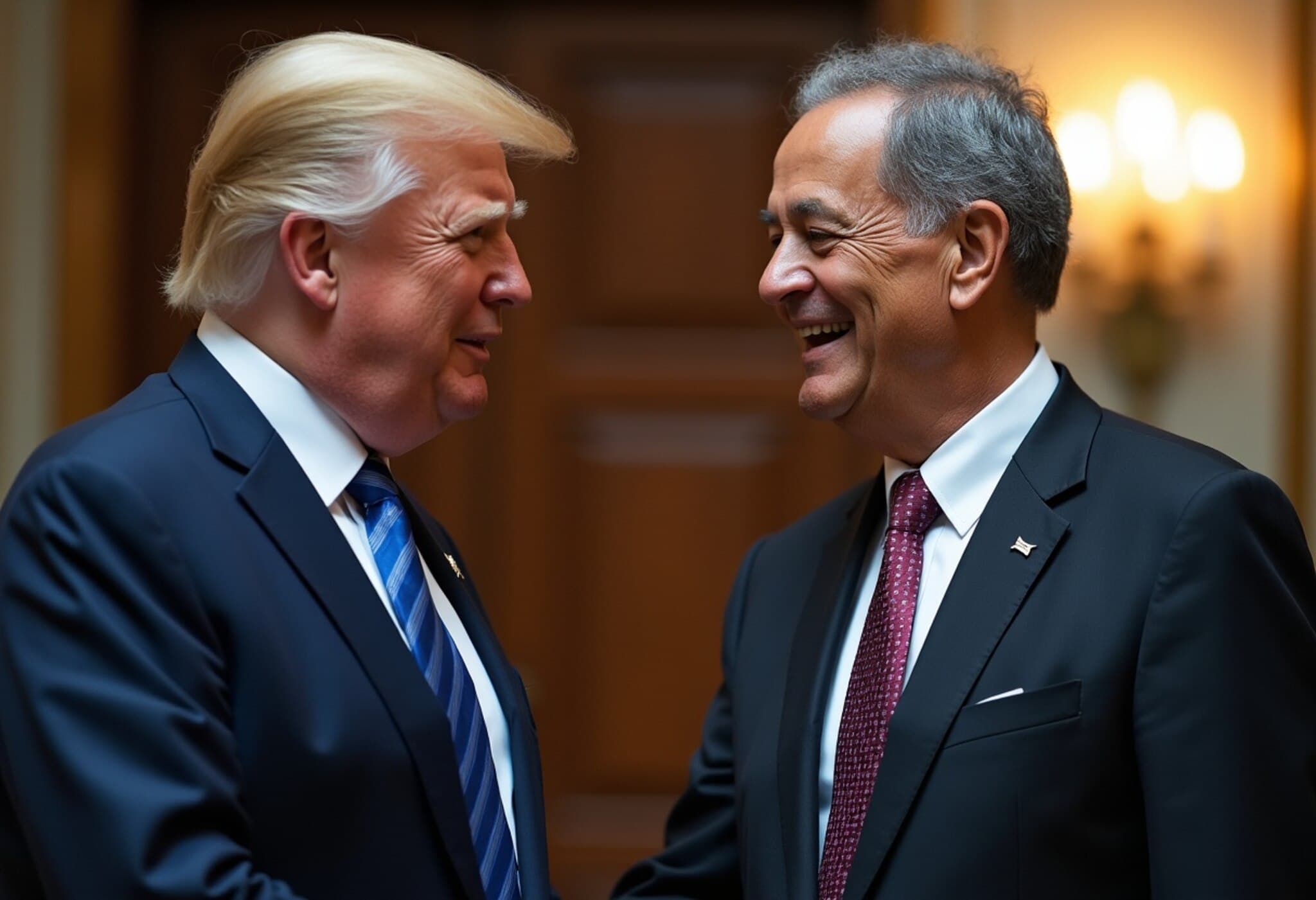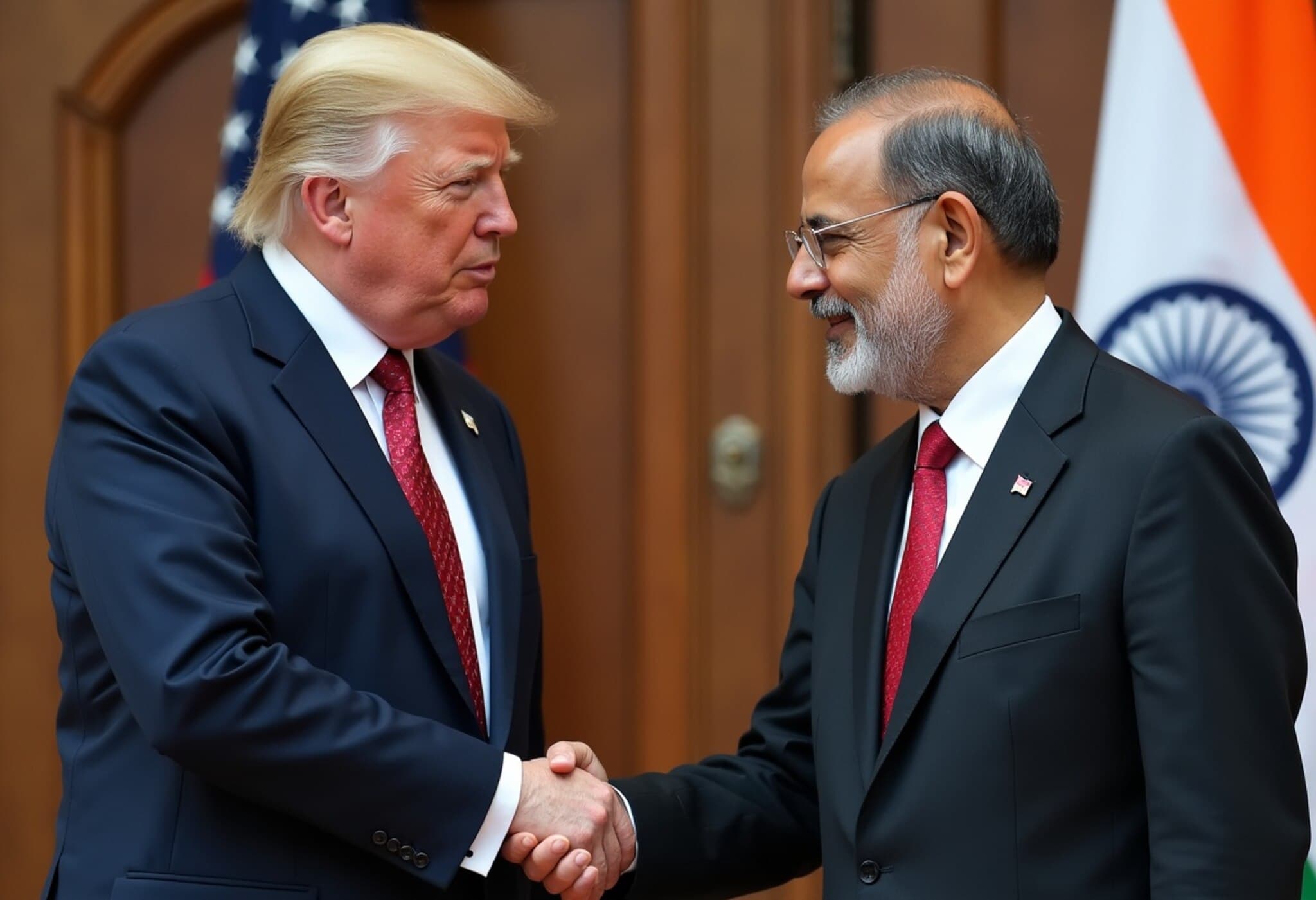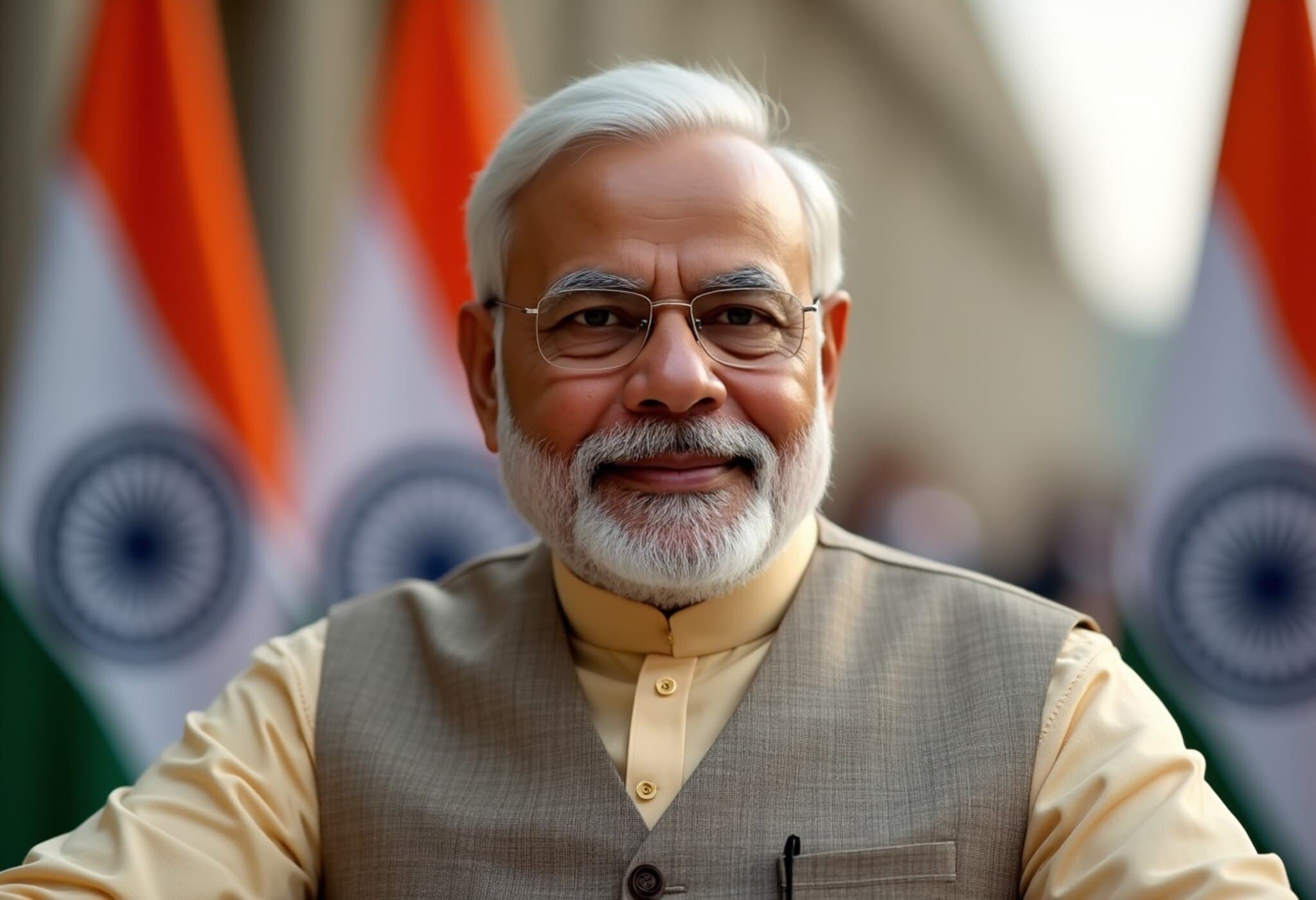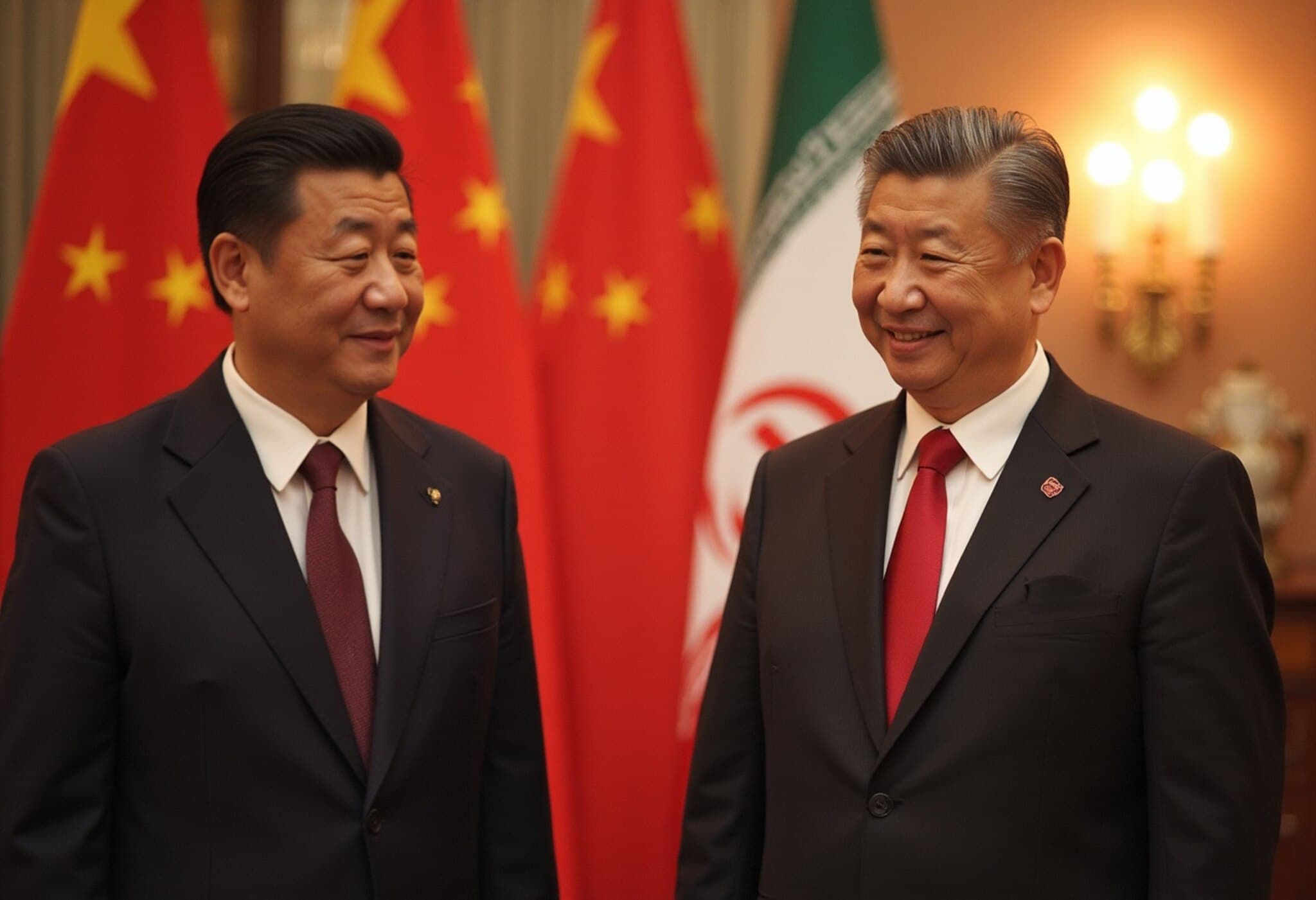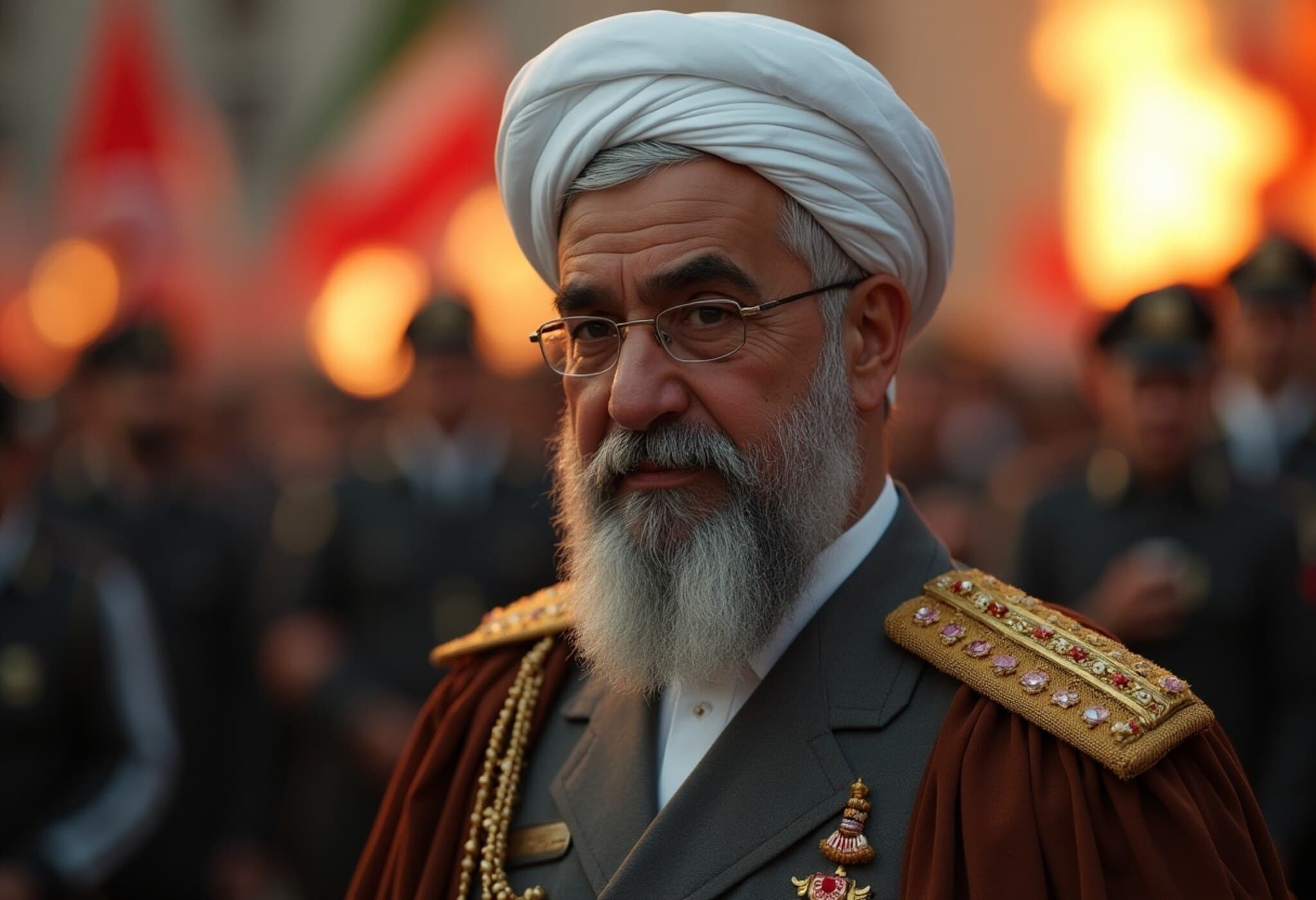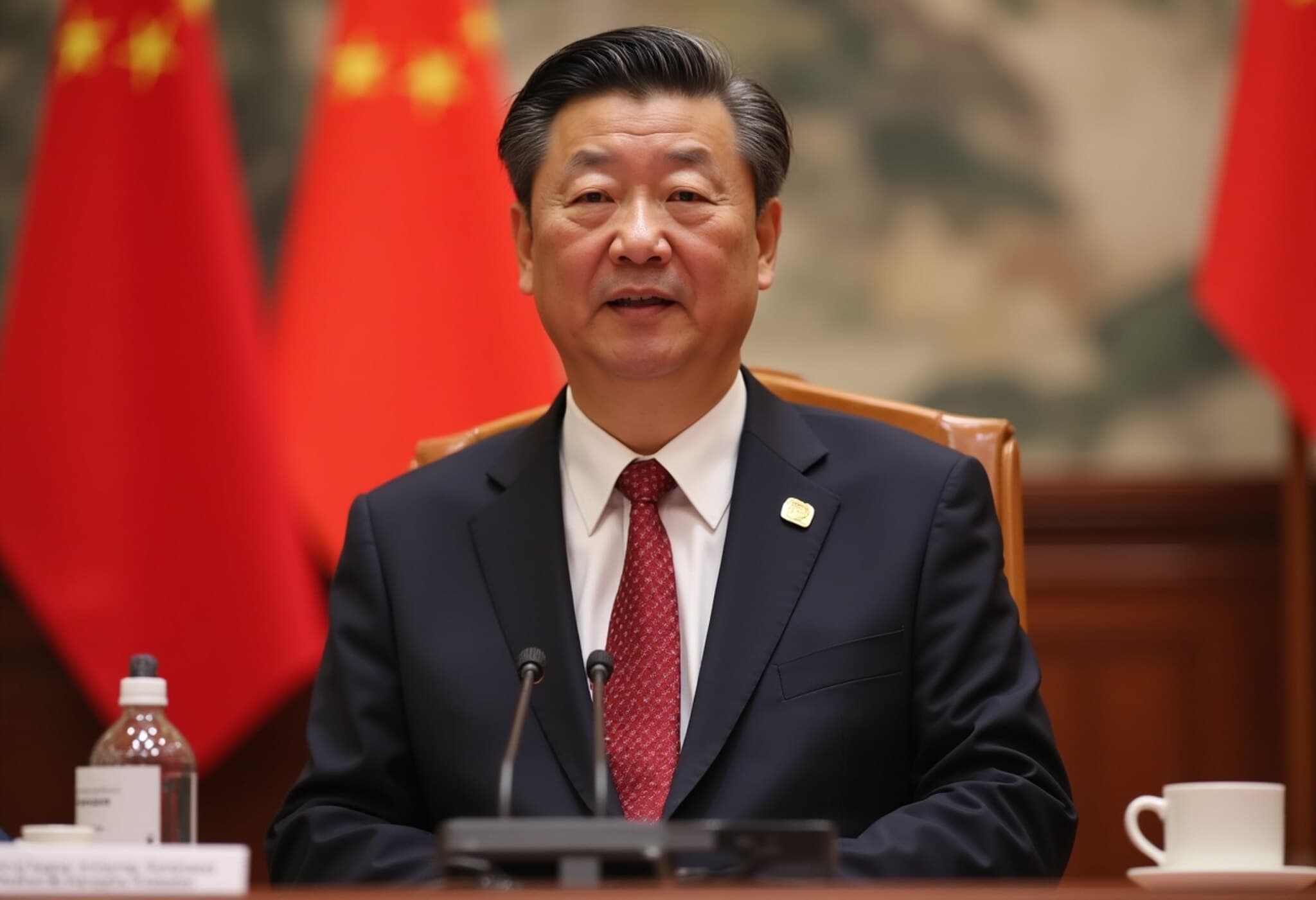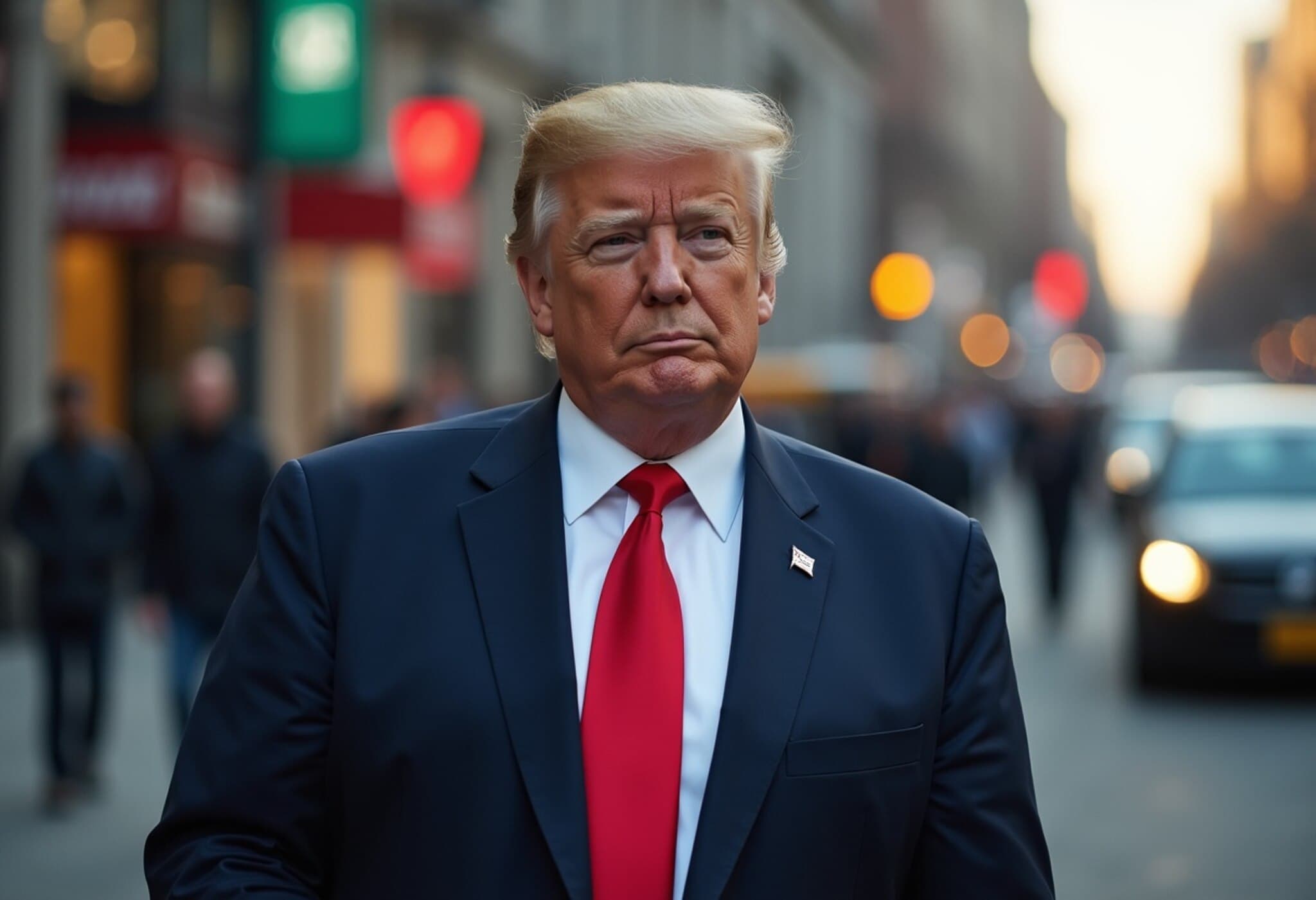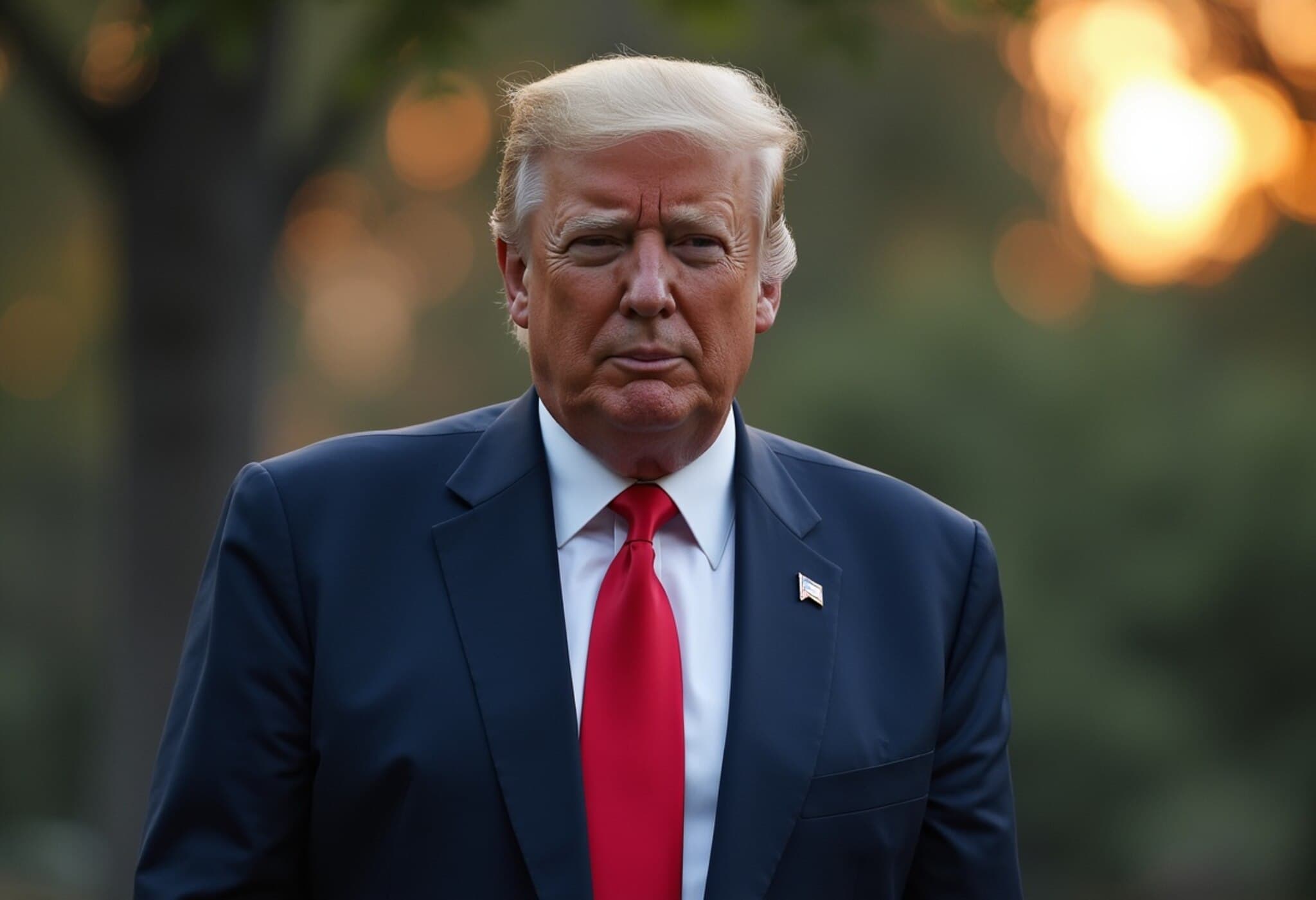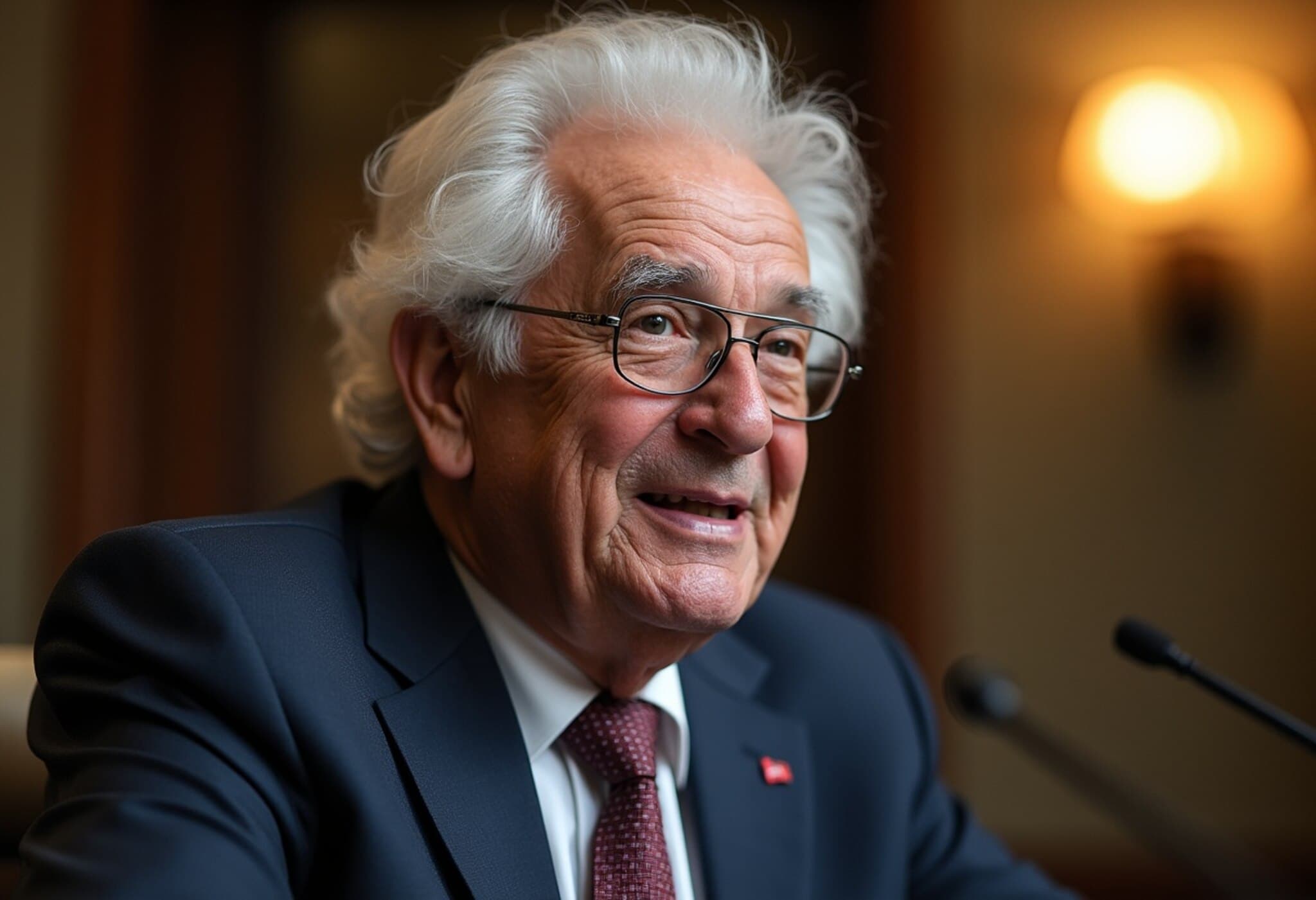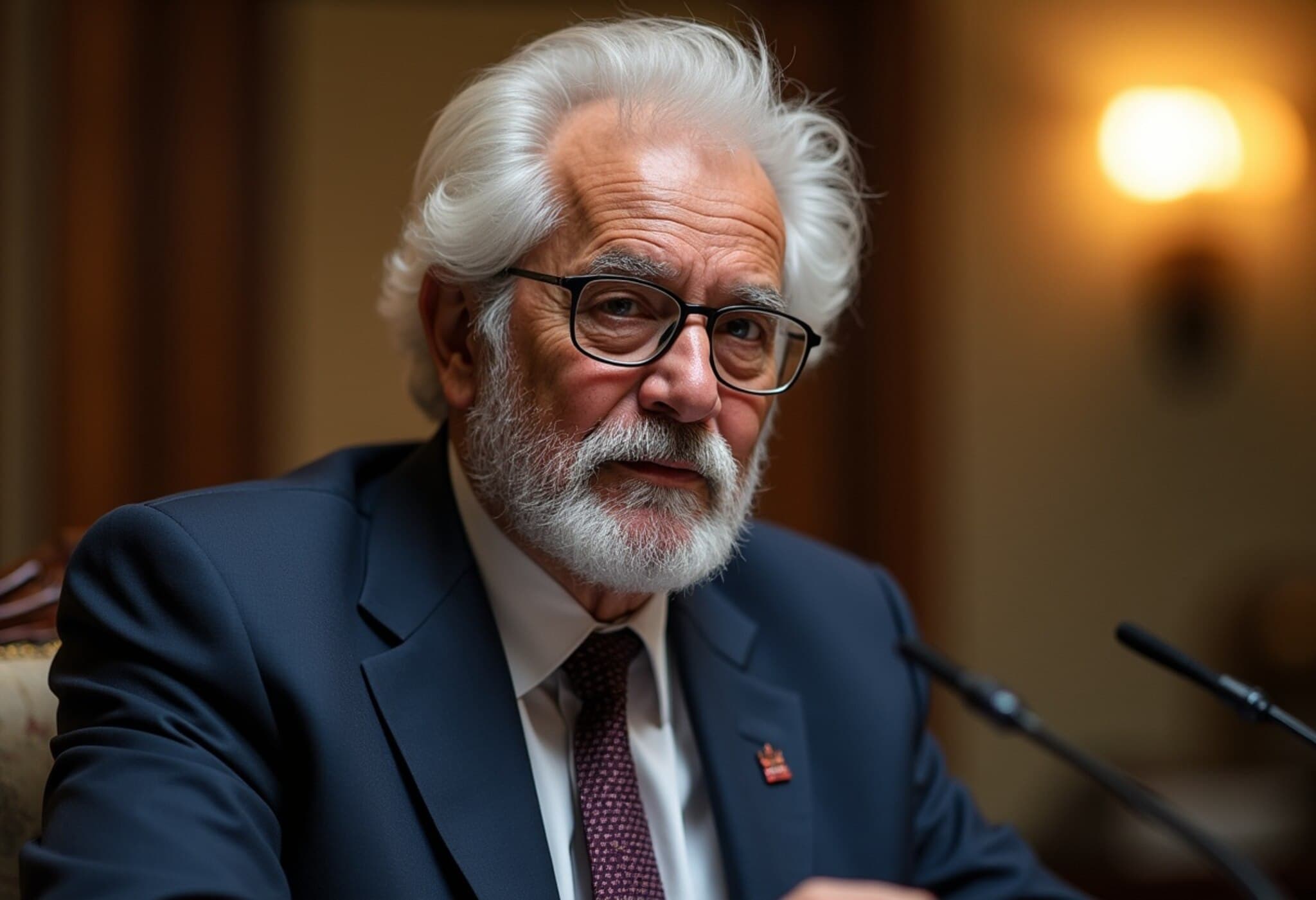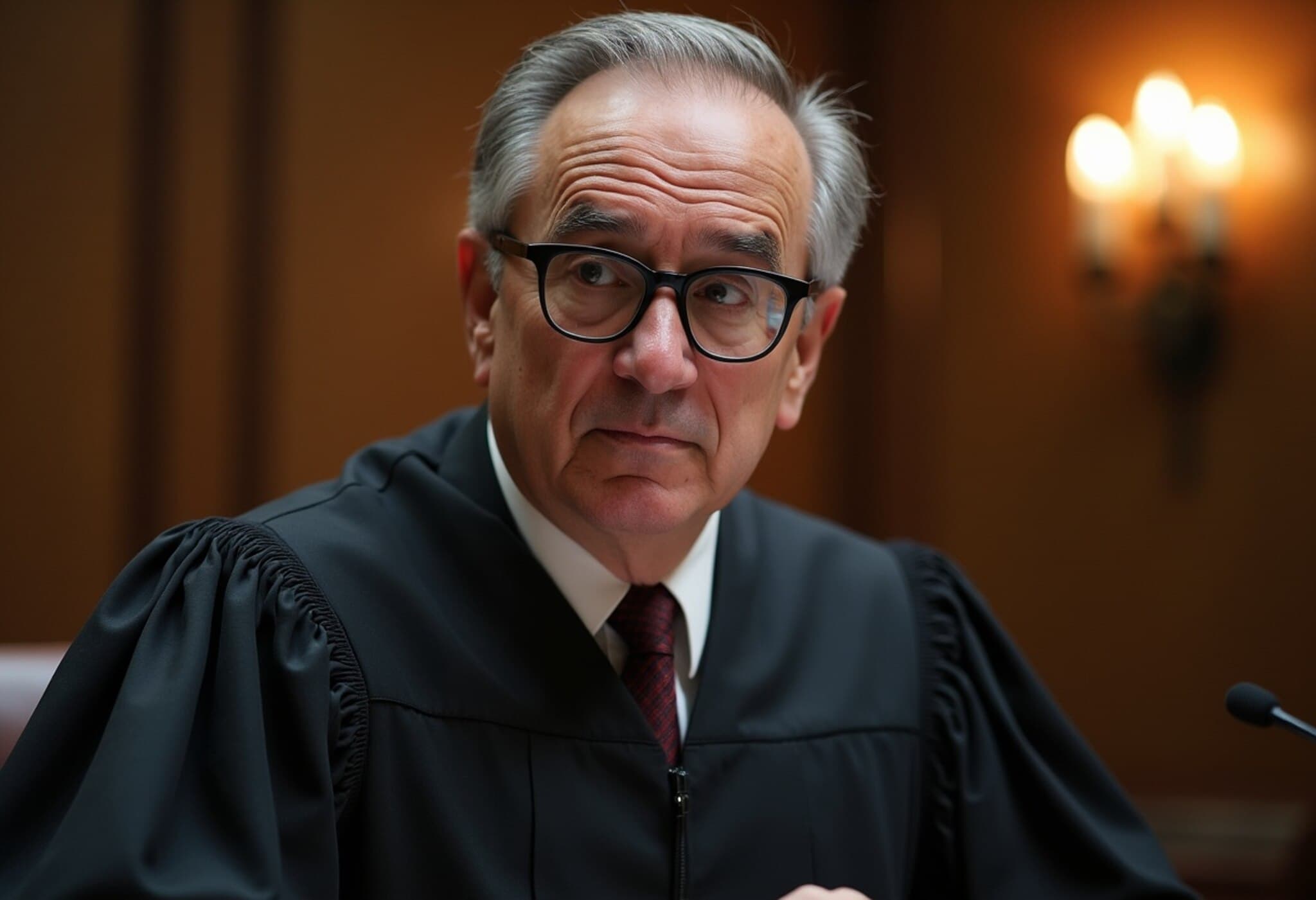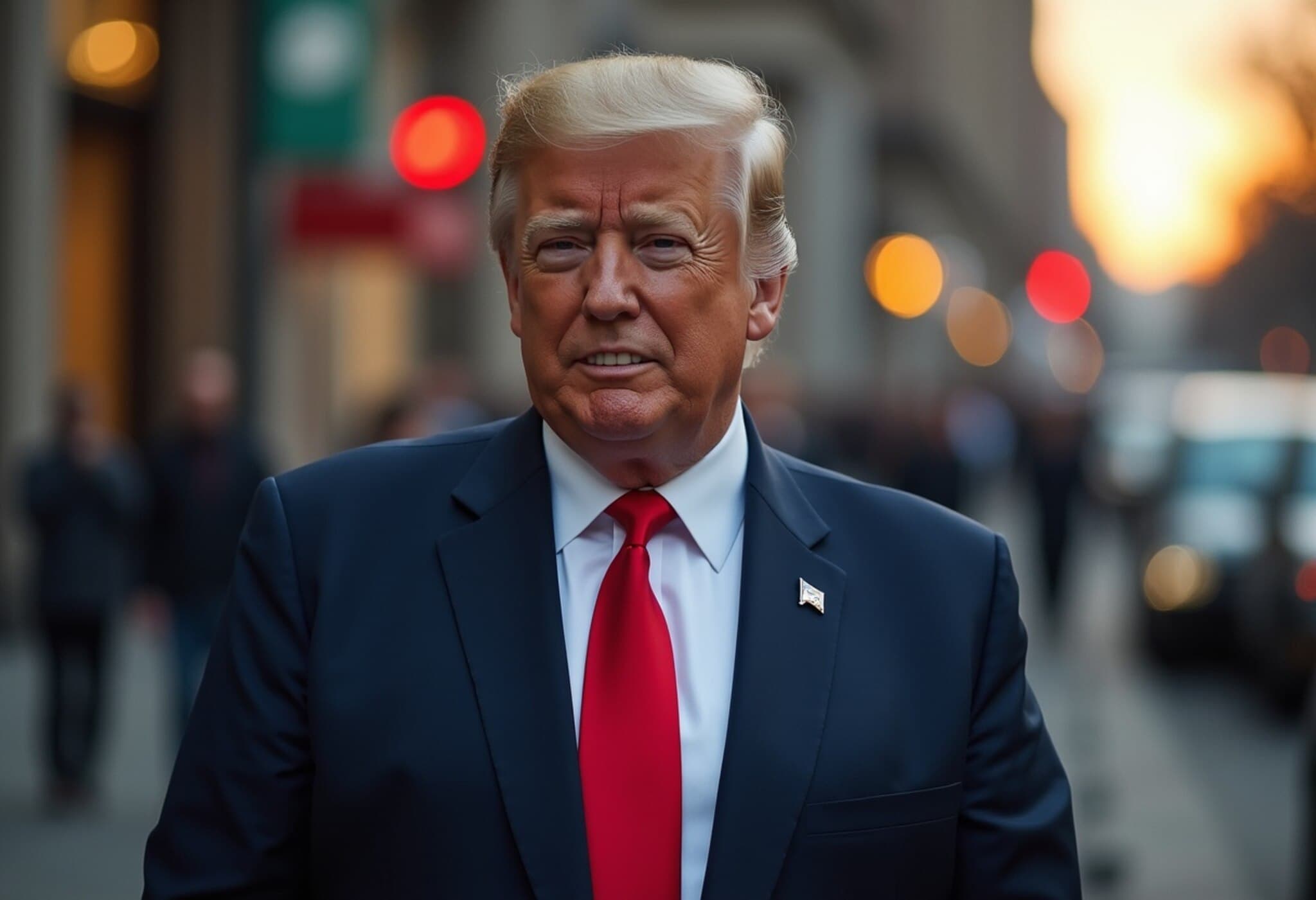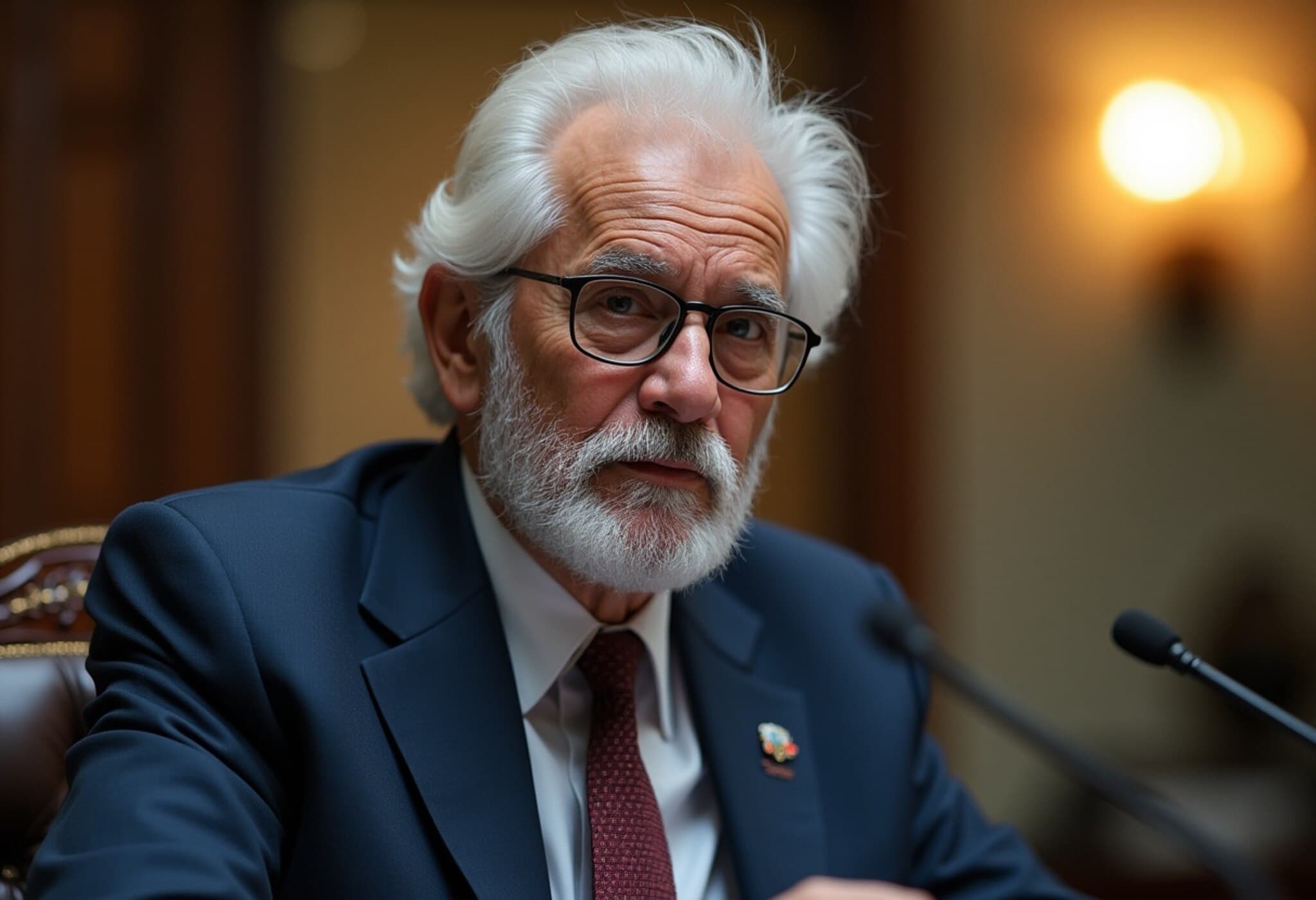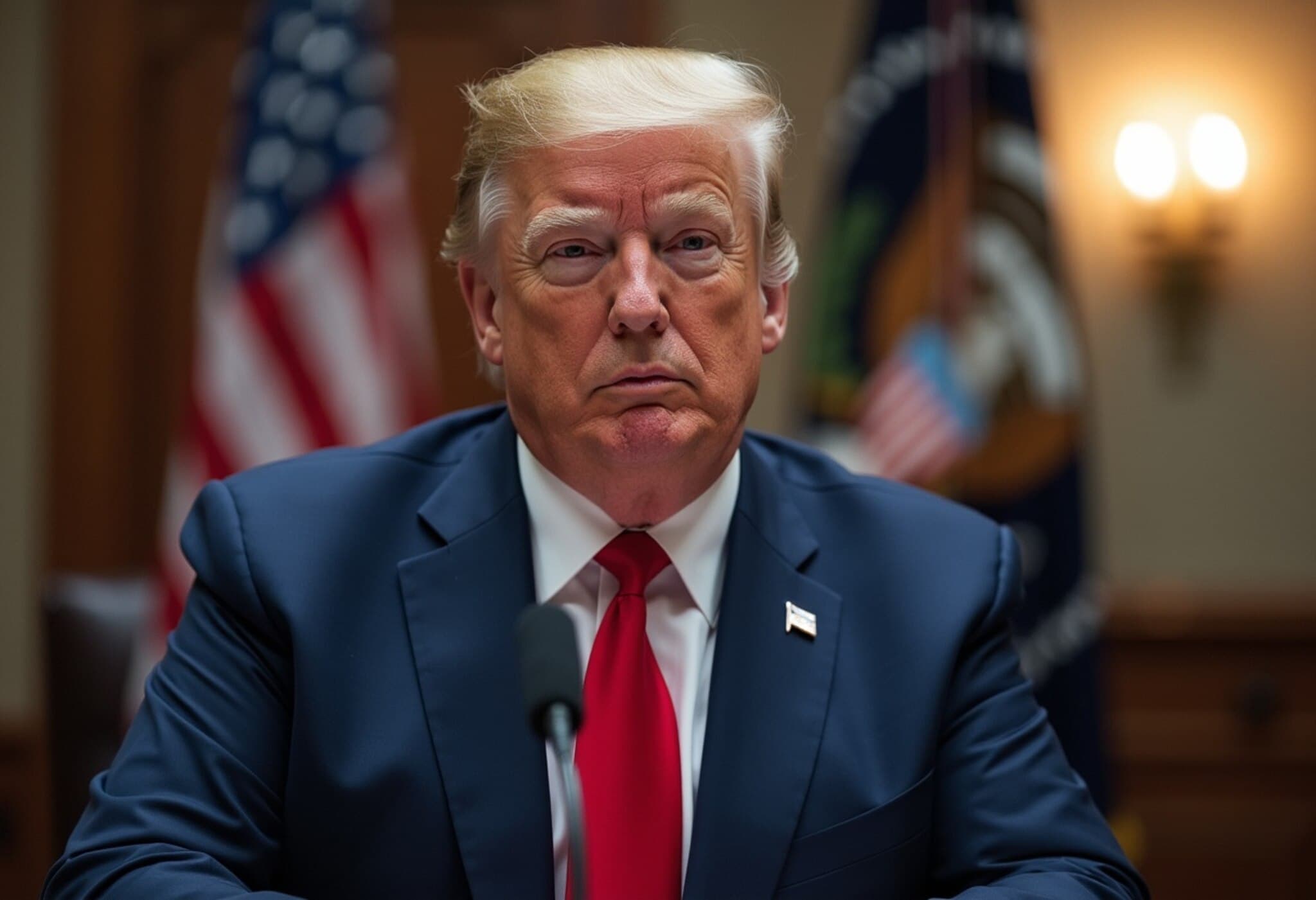US-Brazil Relations Reach Breaking Point Over 50% Tariffs
The diplomatic ties between the United States and Brazil have plunged to an unprecedented low following President Donald Trump's announcement of a sweeping 50% tariff on all Brazilian imports. This move, widely seen as a direct intervention in Brazil's internal judicial affairs, comes amid the ongoing trial of former Brazilian President Jair Bolsonaro, accused of conspiring to prevent current President Luiz Inácio Lula da Silva from assuming office in 2023.
Lula’s Firm Response: Sovereignty and Judicial Independence at Stake
Brazilian President Lula da Silva responded sharply to Trump's tariff decision, branding it a blatant assault on Brazil's sovereignty and the independence of its judicial system. Via a forceful statement posted on social media platform X, Lula underscored that Brazil will not tolerate foreign interference, particularly in its democratic processes and legal proceedings.
"Brazil is a sovereign nation with independent institutions and will not accept any form of tutelage. The judicial proceedings against those responsible for planning the coup d’etat fall exclusively under the jurisdiction of Brazil’s Judicial Branch and, as such, are not subject to any interference or threats that could compromise the independence of national institutions," Lula wrote.
Moreover, Lula challenged the American president’s assertions concerning the trade deficit, citing US government data indicating that the US has experienced a $410 billion trade surplus with Brazil over the past 15 years. He warned that Brazil would respond according to its Economic Reciprocity Law, emphasizing that respect, sovereignty, and safeguarding the interests of the Brazilian people remain paramount in its international relations.
The Trump Administration’s Justification: Support for Bolsonaro and Trade Concerns
Additionally, Trump expressed concerns over actions by the Brazilian Supreme Court, accusing it of issuing numerous secret censorship orders targeting US social media firms. He claimed these measures threatened free speech rights in the US and justified the economic penalties.
The tariffs, effective from August 1, 2025, will apply not only to direct Brazilian goods but also to any products transshipped to circumvent the tariff, reflecting a zero-tolerance approach to evasion.
Implications and Underreported Angles
- Economic Impact: The tariffs risk inflaming trade tensions, potentially disrupting supply chains and impacting industries on both sides, especially in sectors such as agriculture, manufacturing, and technology.
- Democracy and Sovereignty: The dispute highlights a growing trend of geopolitical interference under the guise of trade and diplomacy, raising critical questions about respecting national sovereignty in democratic judicial processes.
- US Domestic Politics: Trump's stance may also be viewed within the context of his domestic political narrative, appealing to factions sympathetic to Bolsonaro and skeptical of international legal actions against populist leaders.
- Brazilian Public Sentiment: Lula’s firm rebuttal resonates with Brazilian citizens wary of external pressures, emphasizing national pride and institutional autonomy during a period of political polarization.
A Broader Context: US-Latin America Relations in Flux
This episode is emblematic of the complex and evolving relationship between the United States and Latin America, where political upheavals often intertwine with economic interests. It also throws into sharp relief how trade policy can be weaponized amidst ideological conflicts, potentially destabilizing partnerships that have historically been pivotal for regional growth and security.
Editor’s Note
The escalating US-Brazil tariff dispute transcends mere commercial disagreements, touching upon themes of national sovereignty, judicial independence, and the boundaries of international diplomacy. As Brazil stands firm against perceived external meddling, the world watches to see whether economic reprisals will deepen divides or prompt dialogue. This clash raises essential questions: How far should nations go in using trade sanctions to influence foreign judicial matters? And what does this mean for democratic norms in an increasingly polarized global landscape?

